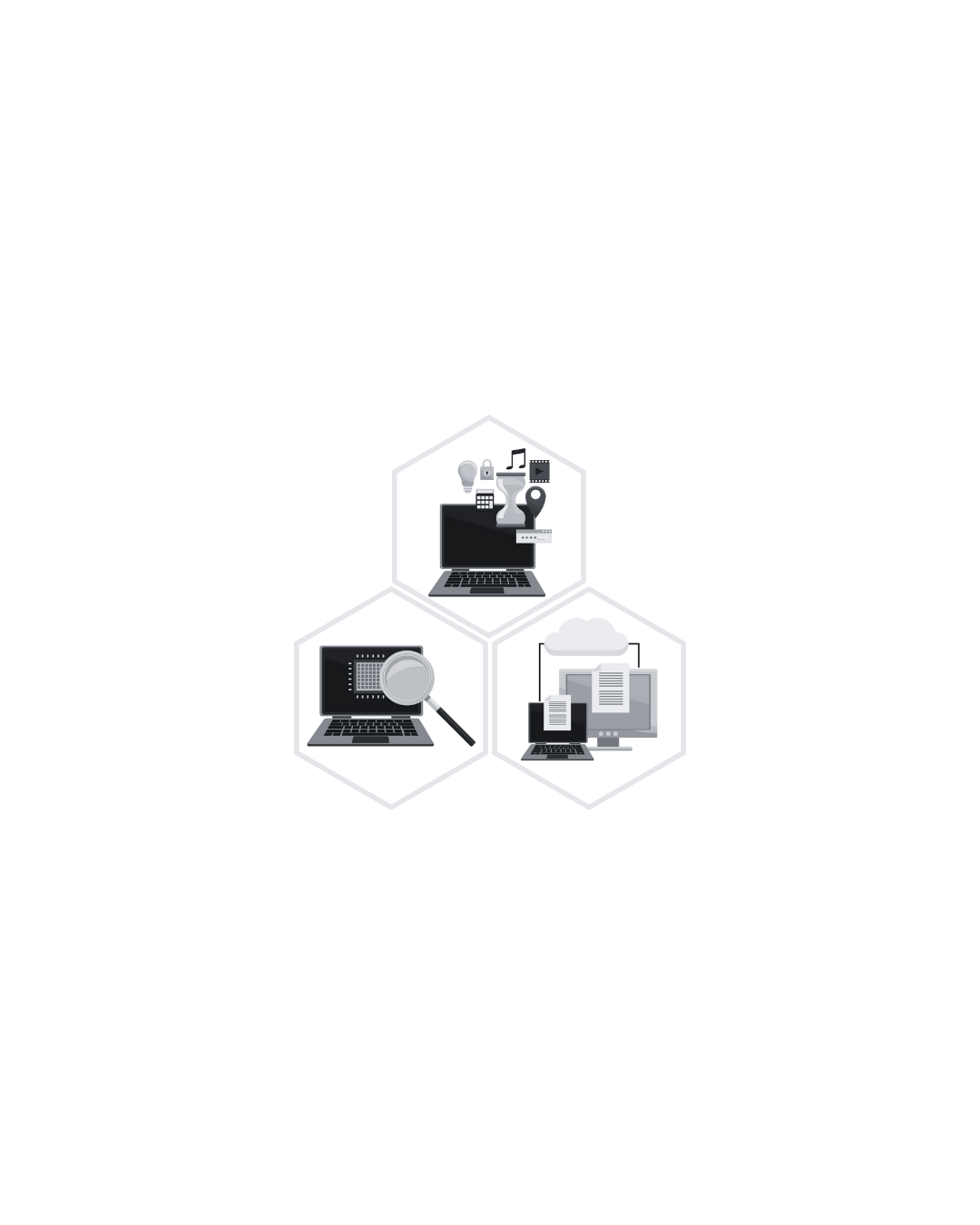Description
An MBA in Information Technology (IT) combines business and technology skills to prepare students for leadership roles in a tech-driven environment. This program covers various aspects of IT management, strategic planning, and the integration of technology in business operations. Here?s an overview of what to expect:
Core Components
Information Systems Management:
Understanding how to manage and leverage information systems to improve organizational efficiency and effectiveness.
Data Management and Analytics:
Learning to collect, analyze, and interpret data for informed business decision-making, including the use of big data and data warehousing.
IT Strategy and Governance:
Developing IT strategies that align with business goals and understanding frameworks for managing IT governance and compliance.
Project Management:
Skills to successfully plan, execute, and manage IT projects, including methodologies like Agile, Scrum, and Waterfall.
Cybersecurity and Risk Management:
Understanding the fundamentals of cybersecurity, information security policies, and how to mitigate risks within IT systems.
Emerging Technologies:
Exploring the impact of new technologies such as artificial intelligence (AI), blockchain, and cloud computing on business operations.
E-Commerce and Digital Transformation:
Studying how businesses can transform their processes through e-commerce solutions and digital innovations.
Business Process Improvement:
Techniques for analyzing and optimizing business processes using technology to enhance productivity and service delivery.
Skills Developed
Technical Proficiency: Familiarity with IT systems, software development, and emerging technologies.
Analytical Skills: Ability to analyze business problems through a technological lens to develop effective solutions.
Leadership and Management: Skills to lead IT teams and manage cross-functional projects.
Strategic Thinking: Creating IT strategies that support and enhance business objectives.
Career Opportunities
Graduates of an MBA in Information Technology may pursue various roles, such as:
IT Manager
Chief Information Officer (CIO)
IT Consultant
Project Manager
Data Analyst
Technology Strategist
Systems Analyst
Networking and Practical Experience
Many MBA programs in IT emphasize hands-on experience through internships, capstone projects, and networking opportunities with industry professionals.
Conclusion
An MBA in Information Technology equips you with the necessary skills to bridge the gap between business and technology, making you a valuable asset in today?s digital economy. If you have specific questions about the curriculum, career options, or how this degree can fit into your career goals, feel free to ask!









